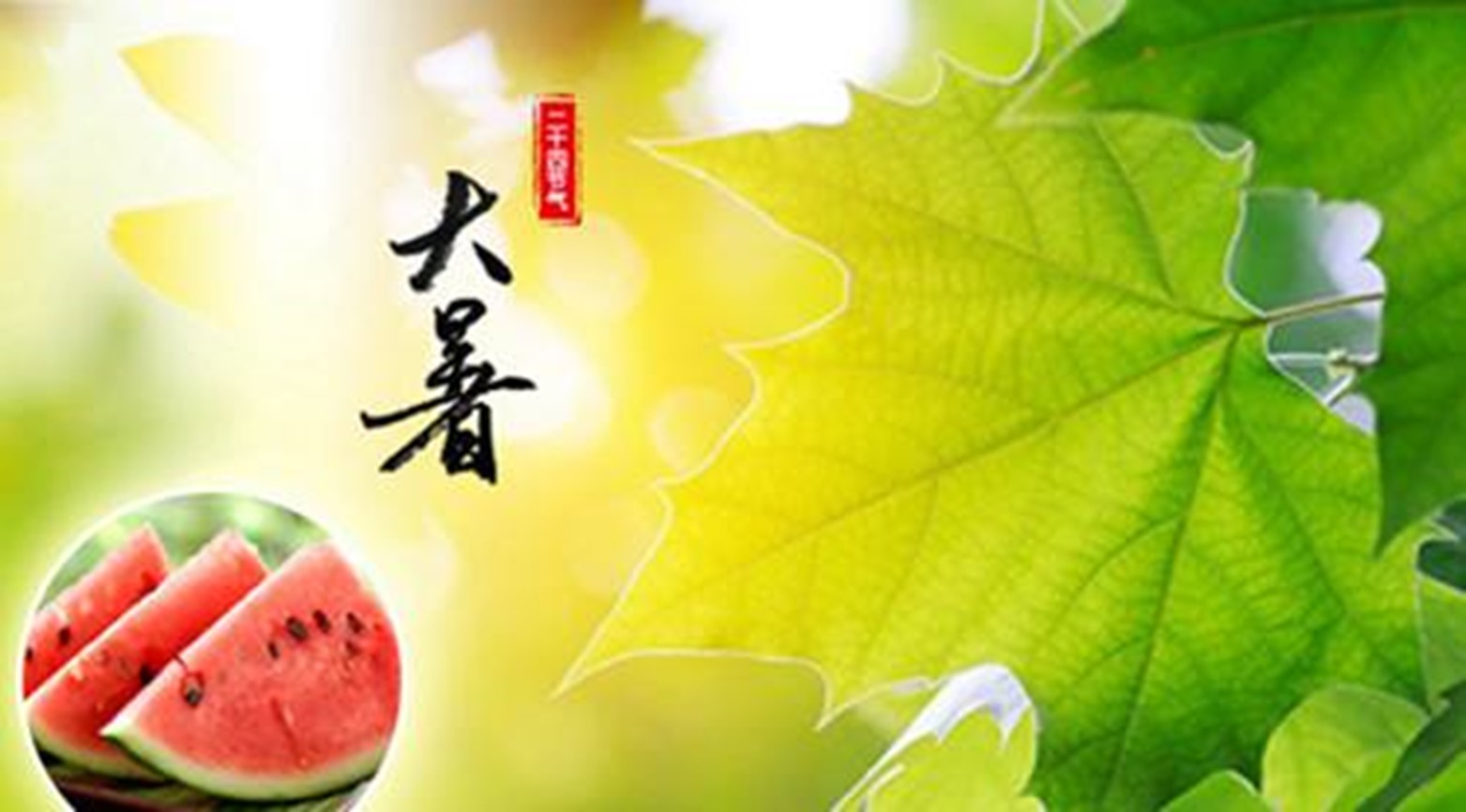Solar Terms in Summer
The Opening ceremony of the Beijing Winter Olympics has begun with the countdown to the 24 solar terms, which are unique to China's traditional culture. The opening ceremony also coincides with the beginning of Spring of the 24 solar terms, and the Beijing Winter Olympic Games is the 24th Olympic Games. It is a coincidence, which is really wonderful.
The traditional Chinese lunar calendar divides the year into 24 solar terms. More than 2000 years ago, ancient Chinese people created this overall framework to mark the annual passage of time based on observations of the sun's motion. Nowadays, the 24 solar terms not only apply to farming, but also guide Chinese people in everyday life. In 2016, the 24 solar terms were included in UNESCO'S Representative List of the Intangible Cultural Heritage of Humanity.
The 24 solar terms known as Start of Spring, Start of Summer, Start of Autumn, and Start of Winter are used to reflect the change of seasons, dividing the year into four seasons of exactly three months.
Today we are going to learn the solar terms in Summer.
Start of Summer 立夏/lì xià
Start of Summer signals the transition of seasons. On this day, the sun's rays reach an angle of 45 degrees to the earth The temperature will rise quickly during this period, yet in Northern China weather remains mild, not tropical.
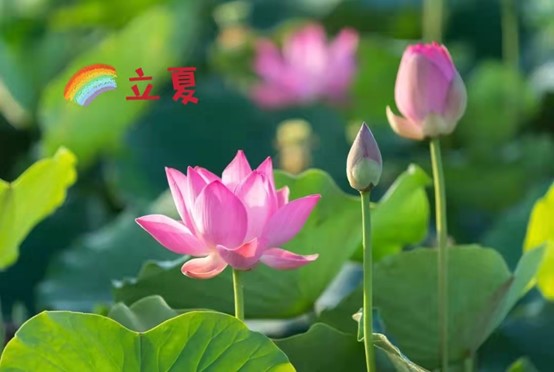
Grain Buds 小满/xiǎo mǎn
It means that the seeds from the grain are becoming full but are not ripe.
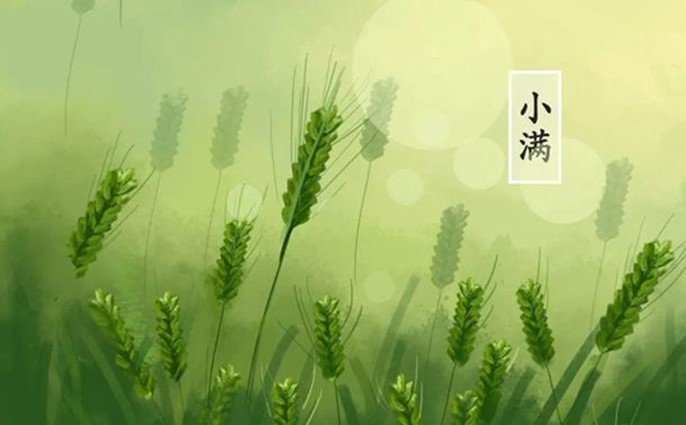
Grain in Ear 芒种/máng zhǒng
The arrival of Grain in Ear signifies the ripening of crops such as barley and wheat. It is also a busy period for farmers.
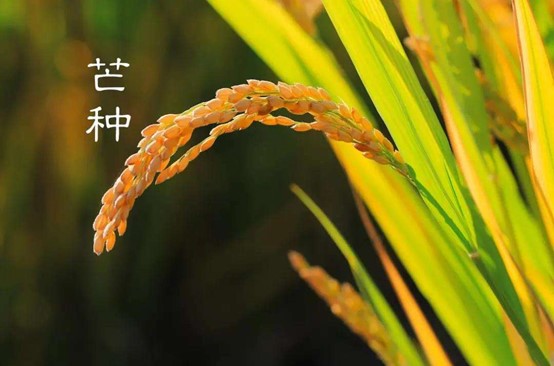
Summer Solstice 夏至/xià zhì
At this time, much of the northern hemisphere receives the most hours of daylight, but it does not bring the hottest temperatures which will come only 20 to 30 days later.
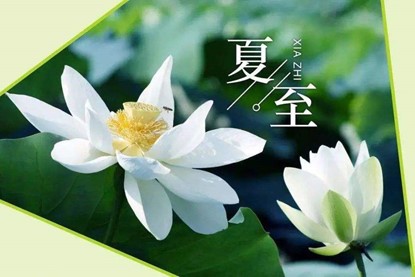
Minor Heat 小暑/xiǎo shǔ
Minor Heat signifies the hottest period is coming but the extreme hot point has yet to arrive.
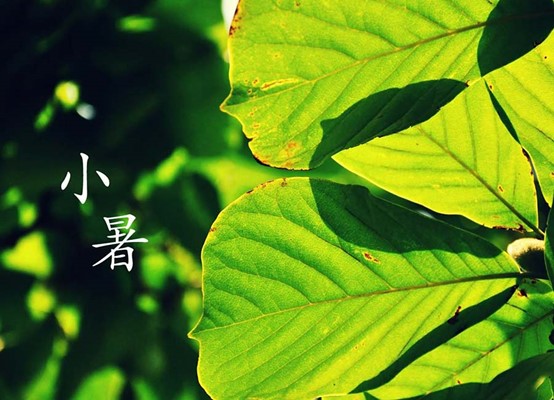
Great Heat 大暑/dà shǔ
It is the hottest time of a year.
